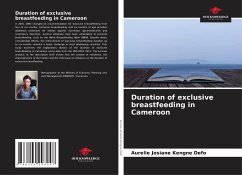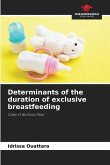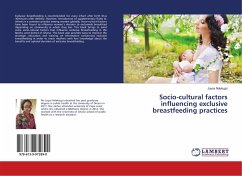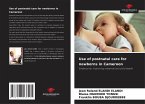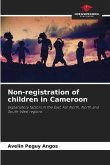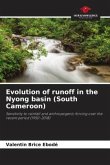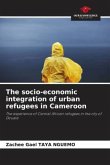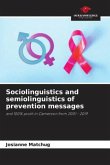In 2001, WHO changed its recommendation for exclusive breastfeeding from four to six months. Exclusive breastfeeding until six months of age provides additional protection for infants against diarrhoea, gastrointestinal and respiratory infections. Several initiatives have been undertaken to promote breastfeeding, such as the World Breastfeeding Week (WBW). Despite these considerable efforts, the enforcement of exclusive breastfeeding duration up to six months remains a major challenge in most developing countries. This study examines the explanatory factors of the duration of exclusive breastfeeding in Cameroon using data from the DHS-MICS 2011. The survival analysis at the descriptive level shows that the context of residence, the characteristics of the mother and the child have an influence on the duration of exclusive breastfeeding.
Bitte wählen Sie Ihr Anliegen aus.
Rechnungen
Retourenschein anfordern
Bestellstatus
Storno

